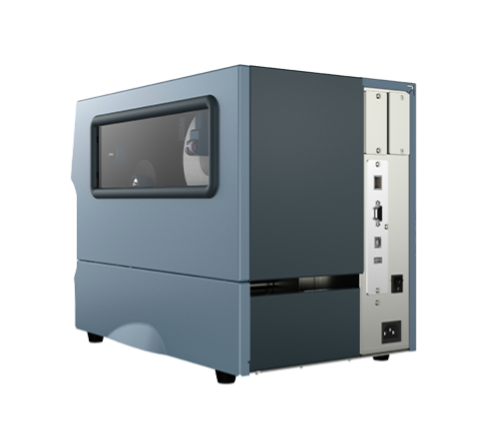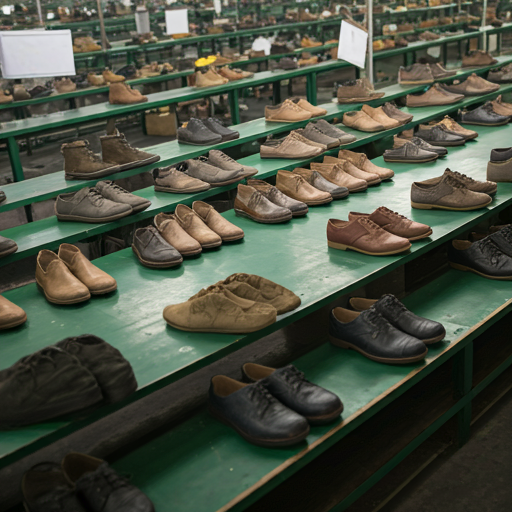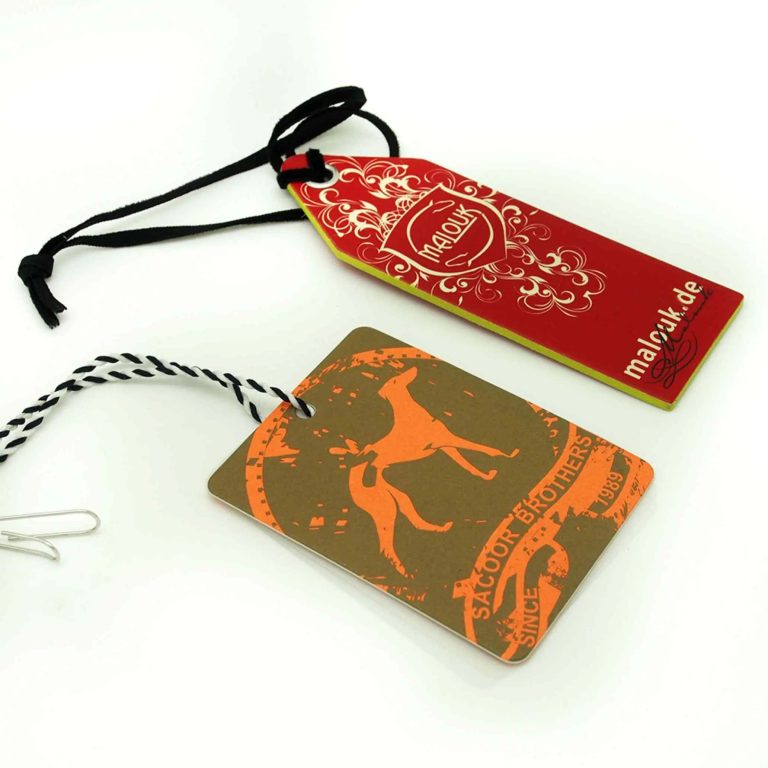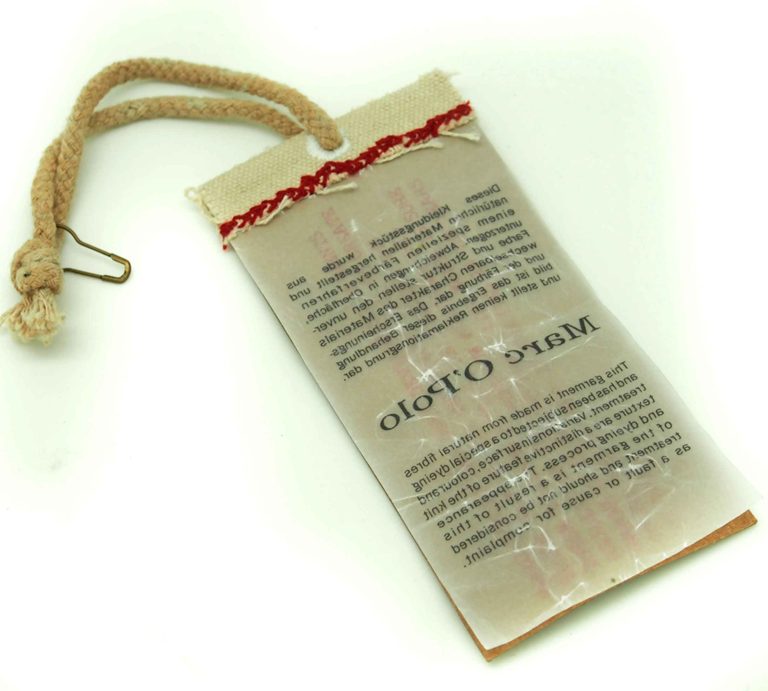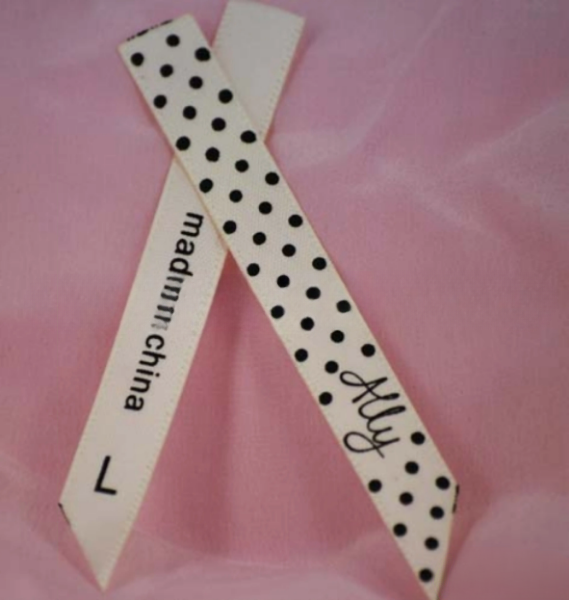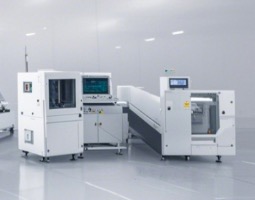Table of Contents
An RFID system, which includes a transceiver, a transponder, and an antenna, reads the radio frequency.
The data is read and transferred by the antenna and transceiver, while it is sent by the transponder. Some initial applications of this technology were keyless ID entrance, tracking nuclear items, monitoring animals, and tracking reusable containers. An RFID system is made up of a small radio transponder, a radio receiver, and a radio transmitter.
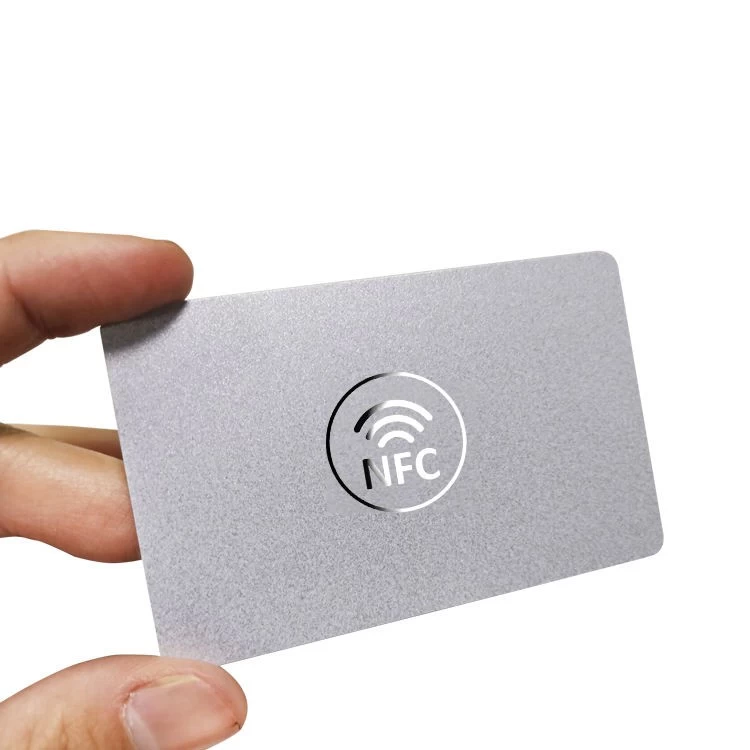
RFID is now used for many purposes like Payment systems for access control and anti-theft in auto pharmaceutical supply chain inventory. RFID cards do not require swiping and do not wear out over time, unlike magnetic stripes. Libraries, medical facilities, financial institutions, and government agencies, for example, employ RFID cards for identification, authentication, and other purposes. RFID cards are also utilized as event tickets, public transportation permits, and hotel room keys.
There are many companies available in the market which can be made custom RFID cards. These cards can be made in a customized manner. Many companies offer customized RFID cards. Many of them are delivered within 15 days.
Types of Custom RFID Cards:
-Custom RFID Simple card:
These custom RFID cards are made of high-quality plastic that is completely waterproof, making them suitable for multi-day outdoor activities. NXP Mifare Classic 1K, I CODE SLI or NFC integrated tag are all options. They also function as NFC business cards. Its other features included holographic stickers, Matte and gloss, metallic powder-coated, barcodes, variable data, and sterilization.
-Hybrid technology custom RFID smart card:
High Frequency (HF), Low Frequency (LF), and Ultra High Frequency (UHF) technologies can be combined on a custom RFID card to perform various functions. A dual-frequency trip card equipped with an Impinj Monza 4 UHF chip, for example, may unlock the barriers from a distance to relieve passenger congestion, while the NXP Mifare DESFire EV3 4k HF chip allows fare payment. This hybrid method will improve your RFID card users’ experience.
-Dual-frequency custom RFID cards:
A dual-frequency RFID transponder is a dual-frequency custom RFID card. A pair of proximity chips and NFC chips with personalized printing is available.
-Custom RFID paper cards:
Paper-based custom RFID cards, often known as contactless smart tickets, are a new and ecologically friendly card that is increasingly replacing PVC cards. Contactless smart tickets are mostly utilized in consumption and amusement domains such as electronic games, video and audio industries, and so on. Furthermore, it is utilized for gift cards, membership cards, magnetic stripe cards, business cards, and other purposes.
-Custom RFID Blocking card:
Custom RFID Blocking Card uses a novel interfering transmitter to safeguard your complete wallet from illicit data scanning (EC card, passport, and credit cards).
-13.56MHz HF Custom RFID Cards:
RFID HF 13.56MHz Custom Card is extensively used in public transportation, access control, e-tickets, logistic and supply management, manufacturing and assembly, document tracking, library management, animal identification, and other applications.
-860-960MHz UHF Custom RFID Cards:
RFID UHF 860-960MHz Custom Card is extensively used in Public Transportation, access management, E-tickets, Logistics and supply management, Production manufacturing and assembly, document tracking, library management, animal identity, and other applications.
-RFID Custom Cards with 125kHz Frequency:
RFID LF 125KHz Custom Card is extensively used in public transportation, access control, e-tickets, logistic and supply management, manufacturing and assembly, document tracking, library management, animal identification, and other applications.
Custom RFID Readers:
Custom RFID Reader is a device that employs radio-frequency waves to wirelessly transport data between itself and an RFID tag/label to identify, categorize, and track assets. When paired with the appropriate RFID software, an RFID reader may identify items faster, more accurately, at a lower overall cost, and at various stages during the object’s lifespan. RFID will be employed in a range of applications, including handheld RFID readers, stationary readers, and RFID antennas.
0
